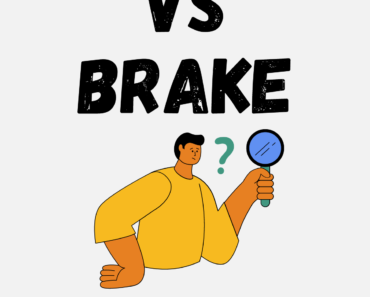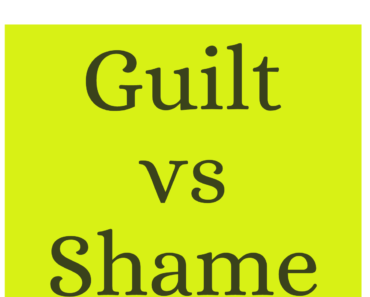Character and personality, though often used interchangeably, refer to different aspects of a person’s identity.
Character is shaped over time and reflects moral values, while personality is the sum of one’s observable traits, often influenced by both genetics and environment.
Essentially, character is what defines a person on a moral level, whereas personality dictates how they interact socially. The distinction lies in the essence: character embodies core values, while personality reflects external behavior.
Character
Definition: Character refers to the set of moral and ethical qualities that define a person’s beliefs, actions, and integrity. It represents their core values and how they respond to moral challenges.
Usage:
- Moral Decisions: Character is often used to judge how individuals respond to ethical dilemmas. For example, a person with strong character might choose honesty over personal gain.
- Reputation: It is also linked to reputation; a person known for their character is often trusted and respected. For instance, a teacher with a reputation for fairness has a good character.
- Resilience: Character is evident in challenging situations. A person demonstrating perseverance in the face of adversity showcases character.
Personality
Definition: Personality encompasses the collection of traits, behaviors, and patterns that define how a person thinks, feels, and interacts with the world. It is shaped by both inherited and environmental factors.
Usage:
- Social Interaction: Personality plays a crucial role in how individuals communicate and build relationships. For example, an extroverted person is more likely to engage in social events.
- Adaptability: It’s also evident in how one adapts to different situations. Someone with a flexible personality can adjust their behavior depending on the context.
- Behavioral Tendencies: Personality influences behavioral tendencies such as aggression, optimism, or anxiety. For example, a person prone to anxiety may display cautious behavior.







